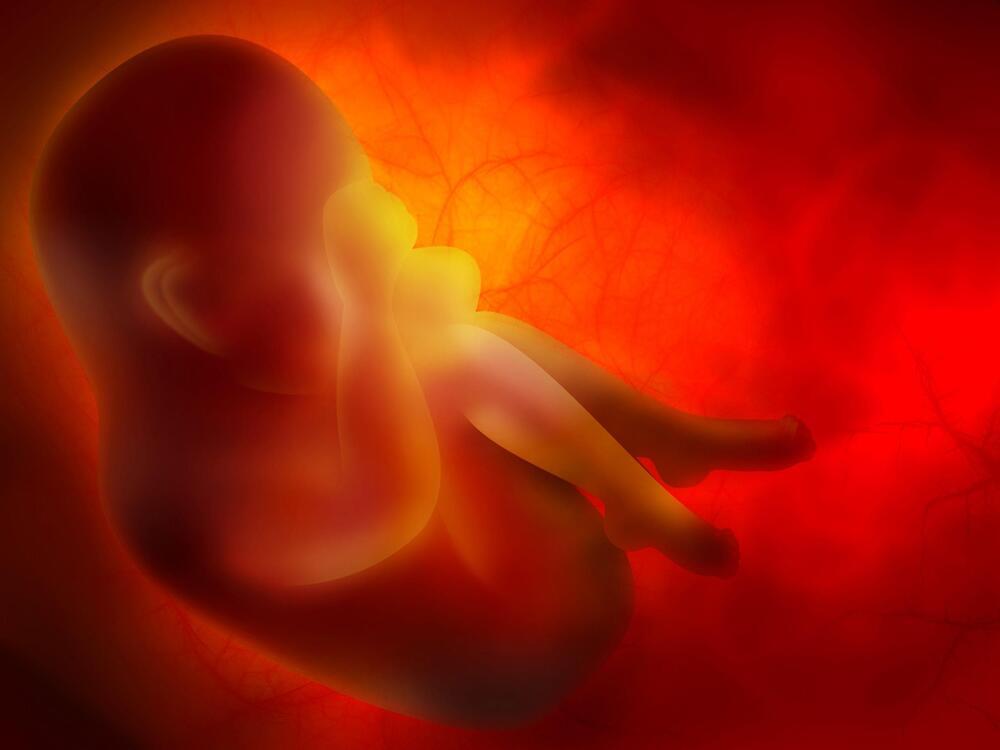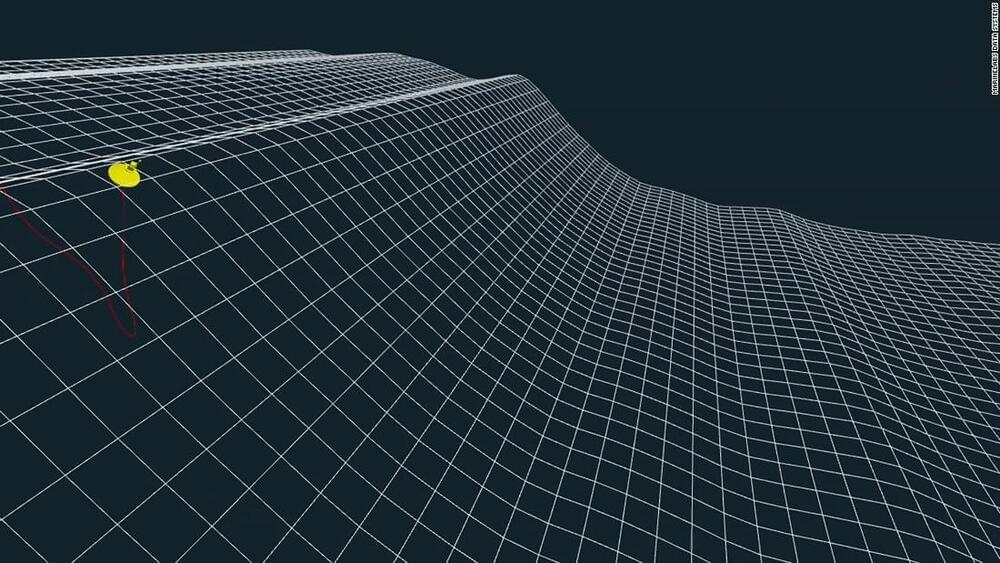This article is an installment of Future Explored, a weekly guide to world-changing technology. You can get stories like this one straight to your inbox every Thursday morning by subscribing here.
In recent years, mountain communities in Chile have been facing longer and more intense dry spells thanks, in part, to rapidly shrinking glaciers in the Andes. This puts serious stress on local communities that rely on their fresh water.
But a team of Chilean climate experts have come up with a solution. In 2022, they will attempt to DIY their own glaciers, in hopes of supplying fresh water through the dry, summer months.






